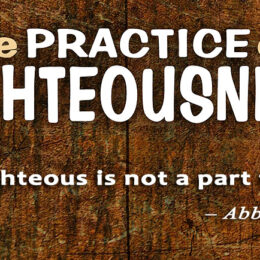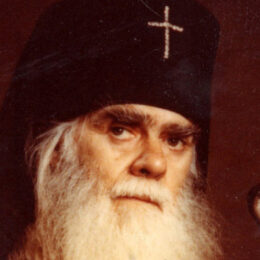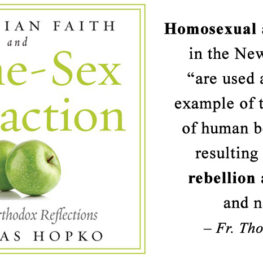Time | M.J. Stephey | Sep. 18, 2008
A fellow at New York City’s Weill Cornell Medical Center, Dr. Sam Parnia is one of the world’s leading experts on the scientific study of death. Last week Parnia and his colleagues at the Human Consciousness Project announced their first major undertaking: a 3-year exploration of the biology behind “out-of-body” experiences. The study, known as AWARE (AWAreness during REsuscitation), involves the collaboration of 25 major medical centers through Europe, Canada and the U.S. and will examine some 1,500 survivors of cardiac arrest. TIME spoke with Parnia about the project’s origins, its skeptics and the difference between the mind and the brain.
What sort of methods will this project use to try and verify people’s claims of “near-death” experience?
When your heart stops beating, there is no blood getting to your brain. And so what happens is that within about 10 sec., brain activity ceases —as you would imagine. Yet paradoxically, 10% or 20% of people who are then brought back to life from that period, which may be a few minutes or over an hour, will report having consciousness. So the key thing here is, Are these real, or is it some sort of illusion? So the only way to tell is to have pictures only visible from the ceiling and nowhere else, because they claim they can see everything from the ceiling. So if we then get a series of 200 or 300 people who all were clinically dead, and yet they’re able to come back and tell us what we were doing and were able see those pictures, that confirms consciousness really was continuing even though the brain wasn’t functioning.
[…]
How is technology challenging the perception that death is a moment?
Nowadays, we have technology that’s improved so that we can bring people back to life. In fact, there are drugs being developed right now — who knows if they’ll ever make it to the market — that may actually slow down the process of brain-cell injury and death. Imagine you fast-forward to 10 years down the line; and you’ve given a patient, whose heart has just stopped, this amazing drug; and actually what it does is, it slows everything down so that the things that would’ve happened over an hour, now happen over two days. As medicine progresses, we will end up with lots and lots of ethical questions.
[…]
What was your first interview like with someone who had reported an out-of-body experience?
Eye-opening and very humbling. Because what you see is that, first of all, they are completely genuine people who are not looking for any kind of fame or attention. In many cases they haven’t even told anybody else about it because they’re afraid of what people will think of them. I have about 500 or so cases of people that I’ve interviewed since I first started out more than 10 years ago. It’s the consistency of the experiences, the reality of what they were describing.
I managed to speak to doctors and nurses who had been present who said these patients had told them exactly what had happened, and they couldn’t explain it. I actually documented a few of those in my book What Happens When We Die because I wanted people to get both angles —not just the patients’ side but also the doctors’ side — and see how it feels for the doctors to have a patient come back and tell them what was going on. There was a cardiologist that I spoke with who said he hasn’t told anyone else about it because he has no explanation for how this patient could have been able to describe in detail what he had said and done. He was so freaked out by it that he just decided not to think about it anymore.
. . . more



